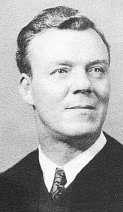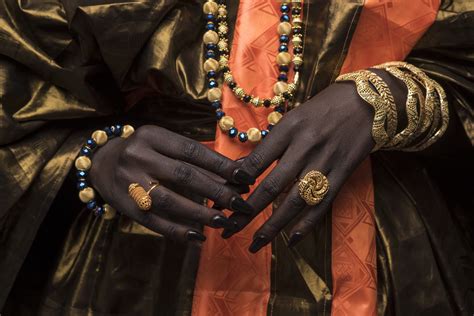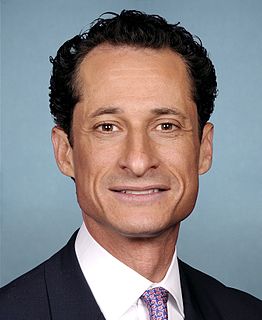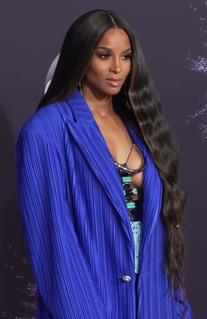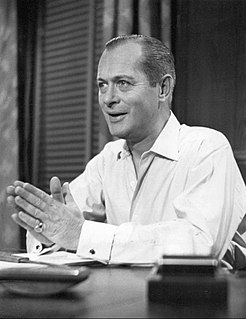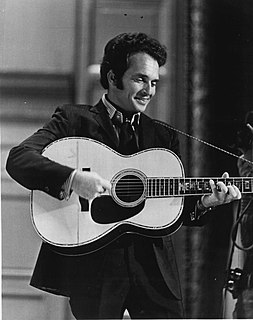A Quote by Ben Hecht
Television excites me because it seems to be the last stamping ground of poetry, the last place where I hear women's hair rhapsodically described, women's faces acclaimed in odelike language.
Related Quotes
The modern challenge to motherhood is the eternal challenge--that of being a godly woman. The very phrase sounds strange in our ears. We never hear it now. We hear about every other type of women: beautiful women, smart women, sophisticated women, career women, talented women, divorced women. But so seldom to we hear of a godly woman--or of a godly man either, for that matter. I believe women come nearer to fulfilling their God-given function in the home than anywhere else.
Change is never fast enough to satisfy us. I still hear too many stories of women who go back to work too soon, but I do believe that we have been able to change the paradigm in attitudes towards family leave in that it's no longer a nice thing to do for women, it's a must do for competitiveness, and that's a big change over the last seven years. Changing it into an economic issue is a big sea change in the last seven years.
I had no one to help me, but the T. S. Eliot helped me. So when people say that poetry is a luxury, or an option, or for the educated middle classes, or that it shouldn’t be read at school because it is irrelevant, or any of the strange stupid things that are said about poetry and its place in our lives, I suspect that the people doing the saying have had things pretty easy. A tough life needs a tough language – and that is what poetry is. That is what literature offers – a language powerful enough to say how it is. It isn’t a hiding place. It is a finding place.
Women have entered the work force . . . partly to express their feelings of self-worth . . . partly because today many families would not survive without two incomes, partly because they are not at all sure their marriages will last. The day of the husband as permanent meal-ticket is over, a fact most women recognize, however they feel about "women's liberation.
I've exchanged messages and photos of an explicit nature with about six women over the last three years. For the most part, these communications took place before my marriage, though some have sadly took place after. To be clear, I have never met any of these women or had physical relationships at any time.
I think it's so fun when I get to work with women writers in particular because we really understand the core story or foundation as women. That's so important to me that the authenticity is there, you know, from the place that I speak from for my women. Having other females with me helps me dig deeper.
Sex workers are the last women police stand in to protect. Sex workers are the last people that room is made for in many ways. You get a different kind of feminism if you put people at the margins at the center. It's a recently resonant lesson, but black feminists have been saying this for decades. Now when I talk to people engaged in sex workers' rights advocacy and people who identify as intersectional feminists, this is the air they breathe. We can't just make feminism about improving the lives of all women. Because there is no such thing as all women and universal female experience.
Berlin seems like a place of healing to me though: you have both the Holocaust Memorial and Hiroshima Strasse side-by-side there. You have the whole last century libraried and you can see exactly what we did. Now there's lots of artists and musicians moving there because they can't afford the rent in London and New York, and they're having children and making it a gentle place. It seems to be a place of hope now.





